I need guidance in generating code coverage report of Asp.net unit tests in azure build pipeline. My project is based on .Net Framework 4.6.
I am able to run all the unit tests using "visual studio test" task.
I tried the "report generator" task, but it require cobertura or jacoco etc xml files, which am unable to generate in the build pipeline.
Expectation - I want to get code coverage report for the runned unit tests which will show complete information like the lines coverage, branch coverage, function coverage etc. same as what "report generator" generates.
Note: I am able to generate the reports using opencover and reportgenerator on my local system but am unable to find a way to do the same in azure build pipeline.
